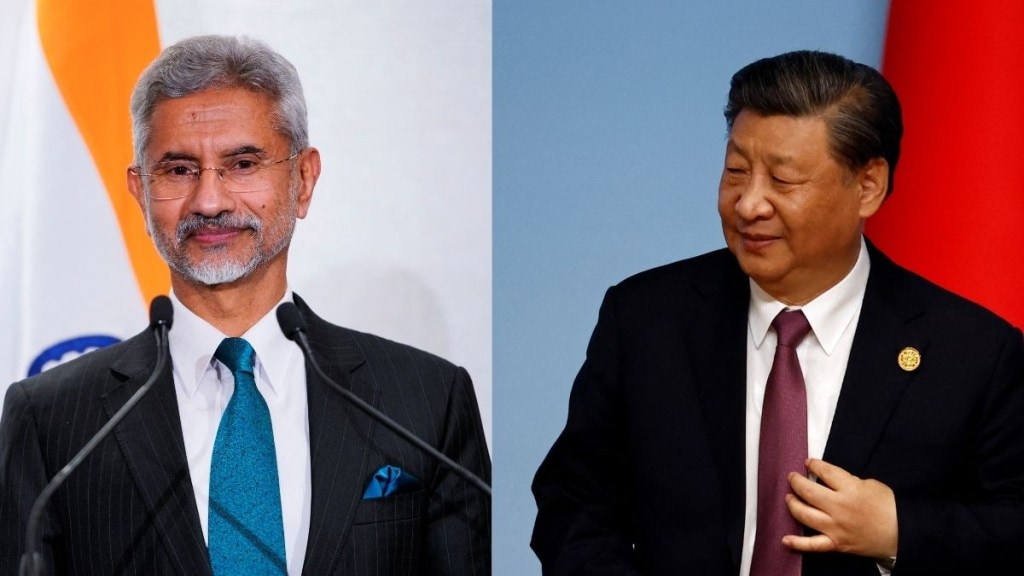India and China have voiced support for a multilateral trading system to make a conducive environment for trade and investment across the globe. Addressing a virtual trade summit of the BRICS countries, External Affairs Minister (EAM) S Jaishankar said there is need for a stable and predictable environment for trade and investment.
Meanwhile, Chinese President Xi Jinping said that BRICS must resist all “forms of protectionism”.
“The closer the BRICS countries cooperate, the more confidence, options, and effective results they will have in addressing external risks and challenges,” Xi was quoted as saying by state media Xinhua.
The Chinese president also urged the BRICS countries to tap into their own advantages and deepen cooperation in various fields including trade and economy, finance and technology.
‘Exchange of views on reforming multilateralism would be appropriate’
EAM S Jaishankar addressed the virtual summit and said the leaders of the BRICS represent diverse societies and they must aspire to find common ground between their respective national policies. He also mentioned a number of conflicts the world is enduring, and said that the grouping must prevent impact of these conflicts on them.
The remarks come as both India and China deepen their ties and push the group for a closer relation amid tariff policy of US President Donald Trump.
“It is my privilege to represent Prime Minister Narendra Modi at this virtual meeting of BRICS Leaders. I convey his greetings to all of you. The state of the world today is a cause for genuine concern. The last few years have witnessed the devastating impact of the Covid pandemic, major conflicts in Ukraine and the Middle East/West Asia, volatility in trade and investment flows, extreme climate events and a discernible slowing down of the SDG Agenda. In the face of these challenges, the multilateral system appears to be failing the world. That so many serious stresses are being left unaddressed is understandably having consequences for the global order itself. It is this cumulative concern that the BRICS is now discussing…” he said.
#WATCH | During the virtual Summit of BRICS Leaders, EAM Dr S Jaishankar says, "It is my privilege to represent Prime Minister Narendra Modi at this virtual meeting of BRICS Leaders. I convey his greetings to all of you. The state of the world today is a cause for genuine… pic.twitter.com/15jnlaH5bC
— ANI (@ANI) September 8, 2025
“Today, the focus is on stabilising the international economy and the world order. But it is equally essential that we turn our attention to ongoing conflicts, not least because they have direct developmental and supply chain implications. Furthermore, as we head towards the next UN General Assembly Session, an exchange of views on reforming multilateralism would be appropriate,” the minister added.
He said the world needs a stable and predictable environment for trade and investment, apart from economic practices that are fair, transparent and to everyone’s benefit. “When there are multiple disruptions, our objective should be to proof it against such shocks. That means creating more resilient, reliable, redundant and shorter supply chains,” he noted.
He called for democratising manufacturing and production and encourage their growth in different geographies.

